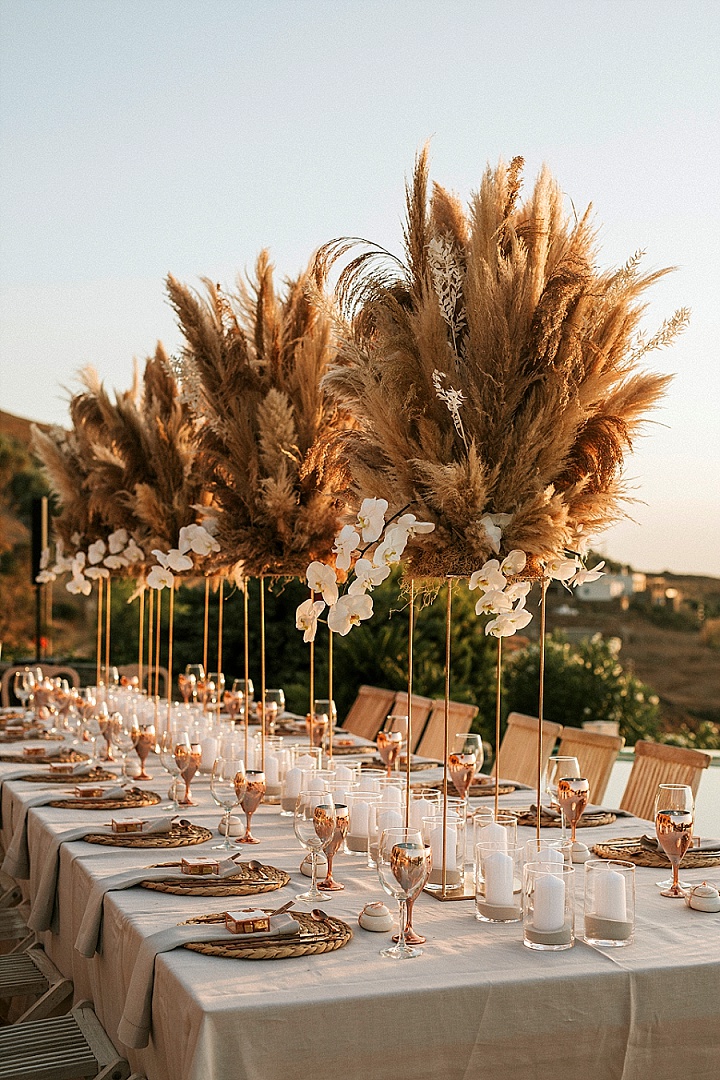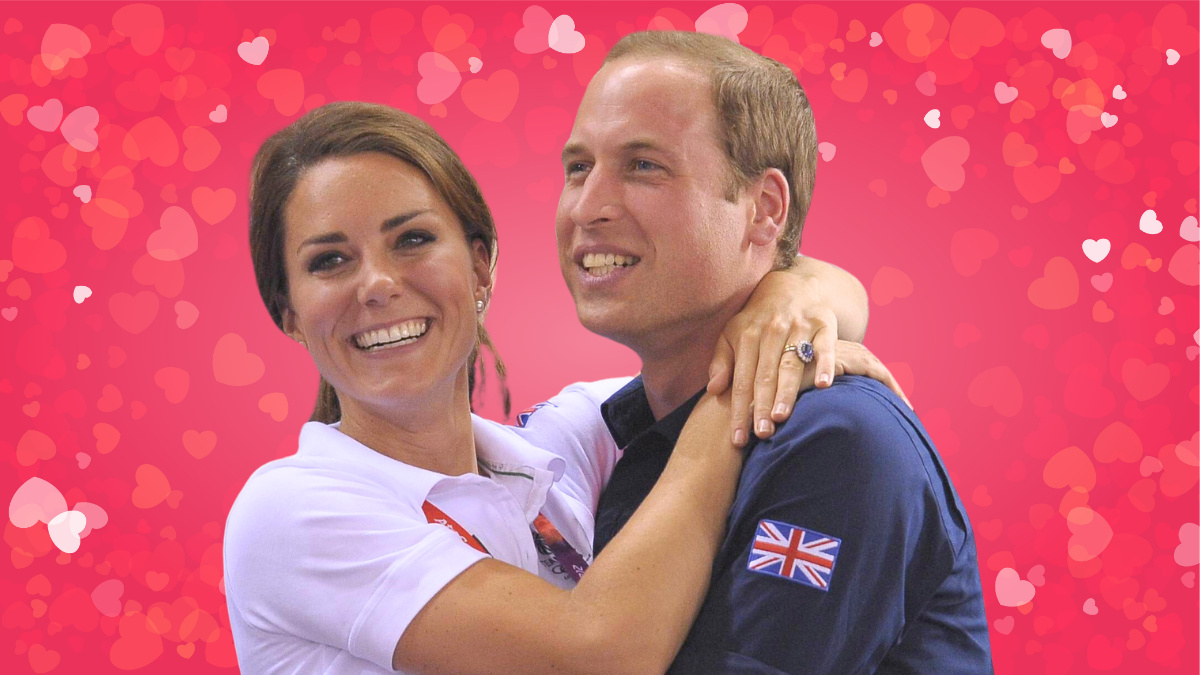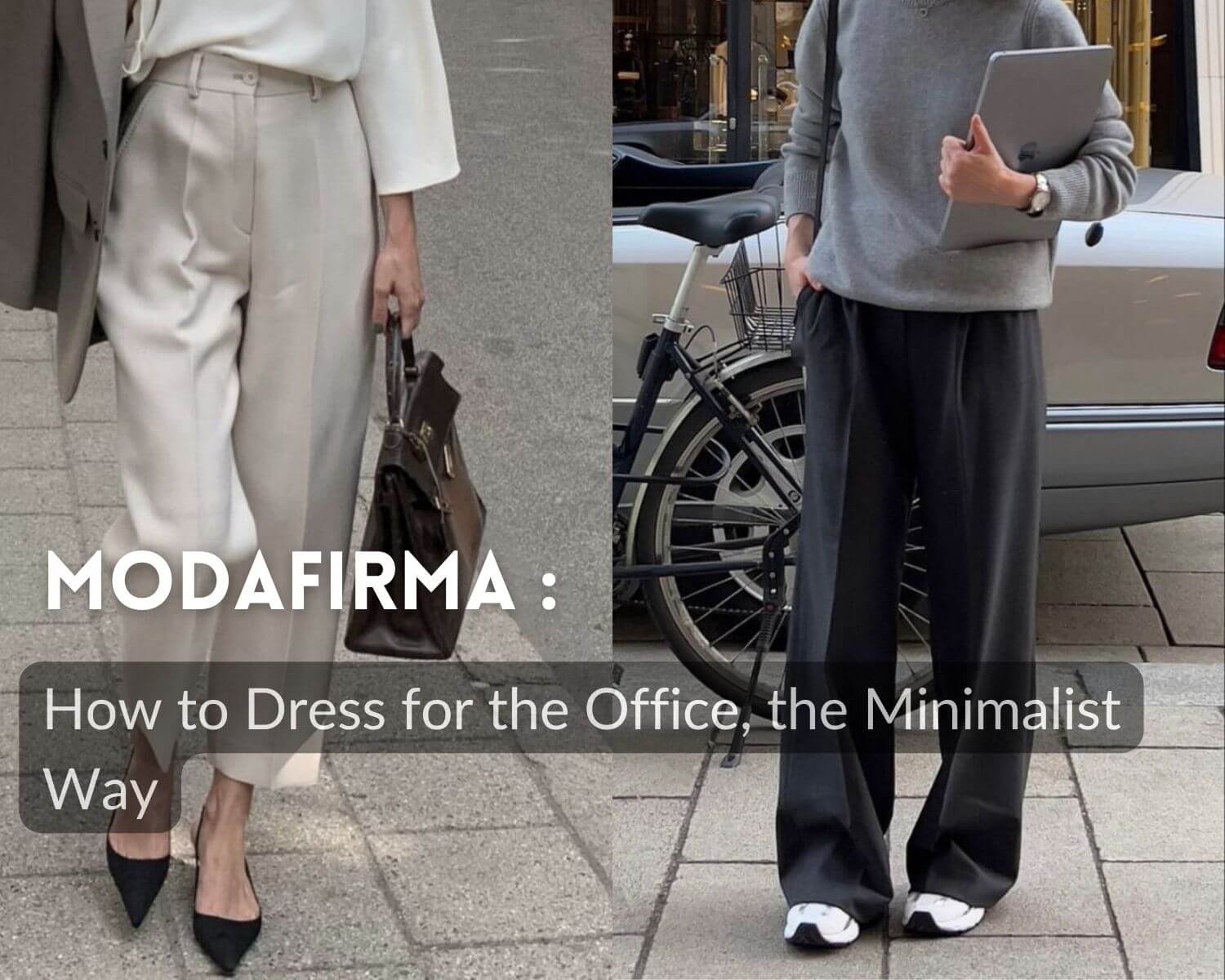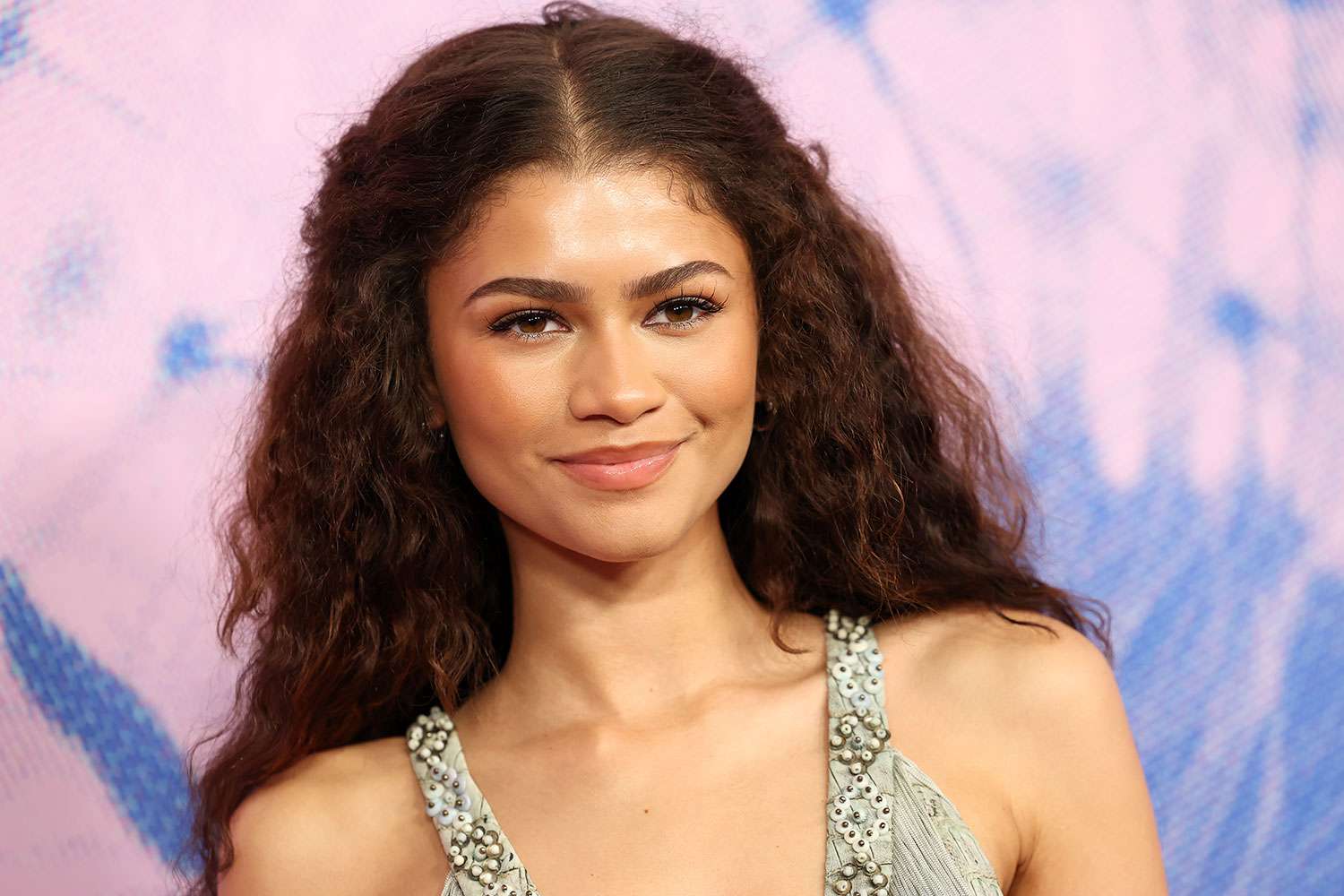Table of Contents
Joining a wedding party is an exciting opportunity to play a special role in your loved one’s big day. Whether you’re a first-timer or need a quick refresher, our guide is here to help you shine! Discover your responsibilities, gain clarity, and fulfill your role with confidence. We’ve outlined the duties of each wedding party member to equip you with the tools you need to be stellar in your role. Let’s make this a memorable experience for the couple and yourself!
When it comes to the stages of a wedding, there are typically four main parts – the ceremony, the reception, and any pre or post-wedding events. As part of the bridal party, you may be involved in some or all of these stages, so it’s important to have a good understanding of what each one entails. Remember these are traditional wedding party roles but each wedding is unique. Let’s dive into more detail about each part and what your responsibilities may be.
In this article:
Wedding Party Roles and Their Duties
Each role within a wedding has certain duties and responsibilities throughout the wedding planning process. The goal is to work as a team to ensure the smooth running of the wedding day itself. The common roles include the maid of honor, best man, bridesmaids, groomsmen, flower girls, and ring bearers. Each role is unique and carries certain tasks before, during, and after the ceremony.
A Quick Note on Inclusivity and Flexibility in Wedding Roles
Before we delve into the specifics of each wedding role, there’s one crucial thing we need to highlight. The wedding day should represent the unique relationships and values of the couple tying the knot. Even couples come in all shapes and sizes, aka the bride and groom, bride and bride, groom and groom, or the marriers, if you prefer.
In modern society, strict adherence to traditional or heteronormative wedding roles is not a requirement. The roles can be tweaked, renamed, or reorganized according to the couple’s closest personal relationships and preferences. You might have a ‘best woman’ instead of a ‘best man’, or a ‘bridesman’ rather than a ‘bridesmaid.’
There’s no rule that states your wedding squad must be divided by gender, or that the bride’s side has to be all women and the groom’s side all men. What truly matters is including loved ones who play significant roles in your life. The diversity and inclusivity in your wedding attendants can make your celebration all the more unique.
Maid of Honor, Matron of Honor, or Man of Honor
What is a Maid of Honor? The Maid or Matron of Honor (often abbreviated to MOH) is typically one of the bride’s best friends or a close family member. This role comes with many responsibilities, both leading up to the wedding and on the big day itself. She is essentially the Chief Bridesmaid, and if you haven’t hired a wedding planner, the MOH may step in as a stand-in support person or coordinator. However, it’s important to note that this should not be expected, and should only be considered if your Maid of Honor genuinely wants to take on that level of responsibility on your special day.
If a bride has a close male relative or best friend whom she would like to serve as her primary wedding attendant, she might choose to name him Man of Honor.
What does the Maid or Matron of Honor do?
- Pre-Wedding Duties:
The MOH often helps with wedding planning, including supporting the bride through making major wedding planning decisions. She typically organizes the bridal shower and/or bachelorette party and supports the bride in selecting her wedding gown and other attire. She may also assist the bride by providing her feedback or input on anything from the wedding invitations to decorations. Another important role of the Maid of Honor is to act as a liaison between the bride and other bridesmaids, ensuring everyone is on the same page. She is also expected to attend the wedding rehearsal and rehearsal dinner. - Ceremony Duties:
On the big day, the Maid or Matron of Honor ensures the bride is ready and looking her best. She is typically the last to process down the aisle before the bride. During the ceremony, she holds the bride’s bouquet, and may also help to arrange the bride’s train of her dress so it looks nice at the altar. - Reception Duties:
The Maid of Honor is included in formal wedding portraits along with the rest of the party, whether that happens before or after the ceremony. At the reception, she typically gives a heartfelt toast to the happy couple. If needed, she also assists with the bustling of the bride’s dress before the first dance, and encourages guest participation during the reception. - Post-Wedding Duties:
After the wedding, the Maid or Matron of Honor may be asked to help the bride with a few tasks such as making sure any borrowed items are returned, organizing wedding gifts and cards, and storing the bride’s dress.
Best Man or Best Woman
What is a Best Man? The Best Man is usually one of the groom’s best friends or a close relative and plays a pivotal role in both the pre-wedding preparations and the big day festivities. It’s a position of honor, and the groom has likely chosen someone whom he trusts and respects deeply to stand by his side. Just like with the bridal party, the groom’s roles can be shaken up too – a groom might choose to have a ‘Best Woman’ instead of a ‘Best Man’. This could be a close female friend or relative, and she would take up the same duties as a traditional best man, reflecting the importance of her role in the groom’s life.
What does the Best Man or Best Woman do?
- Pre-Wedding Duties:
The Best Man’s responsibilities often include assisting the groom with suit fittings and wedding planning, organizing the bachelor party, and offering moral support in the run-up to the big day. He may also take on tasks such as picking up the groom and groomsmen attire, keeping track of marriage license requirements, and providing a listening ear for any last-minute nerves. Like the MOH, the best man acts as the team captain and the main point of contact for the groomsmen. He is also expected to attend the wedding rehearsal and rehearsal dinner. - Ceremony Duties:
On the day of the wedding, the Best Man ensures the groom gets to the venue on time, looking sharp. He is responsible for keeping the wedding rings safe until they are needed during the ceremony. The Best Man also signs the marriage license as a legal witness, and typically walks the Maid or Matron of Honor down the aisle during the recessional. - Reception Duties:
At the reception, the Best Man traditionally gives the first toast. He may also help usher guests to their seats and encourage guests to get on the dance floor with the happy couple. If the wedding squad does dance, he’ll likely be paired with the Maid of Honor. He’ll help ensure the couple’s smooth departure at the end of the reception. Along with the other wedding attendants, he and the MOH may organize a special surprise for the happy couple in their wedding night suite!
Bridesmaids or Bridesmen
What is a bridesmaid? Bridesmaids are typically close friends or relatives of the bride. They carry out a variety of responsibilities to help make the entire celebration a success. The bridesmaids are the first gals the bride calls or texts for ideas or moral support. The number of bridesmaids included in a wedding party can vary greatly (the choice is up to you)! In some cases, a bride may prefer a close male family member or best friend to stand beside her on the big day, in which case he could be referred to as a Bridesman.
What do the Bridesmaids do?
- Pre-Wedding Duties:
Bridesmaids often assist with wedding planning, particularly in tasks assigned by the Maid of Honor. They help plan and execute pre-wedding events such as the engagement party, bridal shower, and bachelorette party. If possible, they might join the bride for moral support as she goes wedding dress shopping and weigh in on choices for bridesmaid dresses.
These bridal VIPs also provide emotional support during any stress or anxiety leading up to the big day. The bridesmaids may also help with other wedding preparations such as help with wedding decor tasks, wedding invitations, or anything else requested by the bride or MOH. They are also expected to attend the wedding rehearsal and rehearsal dinner. - Ceremony Duties:
On the day of the wedding, bridesmaids help the bride get ready and ensure she is feeling happy, calm, and relaxed. They often walk down the aisle before or with the Maid of Honor in the wedding procession. For the duration of the ceremony, they typically stand at the front of the venue space on the bride’s side. - Reception Duties:
At the reception, the job of the bridesmaids is essentially to enjoy the reception may be involved in a group dance, and may assist the Maid of Honor in encouraging guest participation in various reception activities. They may also organize a special surprise for the couple in their wedding night suite such as arranging champagne or flowers to be sent.
Junior Bridesmaids
If a couple has a younger female relative whom they would like to include in the wedding party and ceremony, she can serve as a junior bridesmaid. A junior bridesmaid is typically in her early teens or younger. She might participate in the wedding day but not partake in all wedding-related events due to her age. Junior bridesmaids might be asked to light candles at the altar at the start of the ceremony at religious weddings.
Groomsmen or Groomswomen
What are groomsmen? Groomsmen are usually close friends or relatives of the groom. They also play crucial roles in assisting with wedding preparations and ensuring the day runs smoothly. The number of groomsmen can vary based on the couple’s preference. Some Grooms may prefer to have a close female friend or family member stand by their side during the wedding, in which case they could be called a Groomswoman.
What do the Groomsmen do?
- Pre-Wedding Duties:
Groomsmen can help with wedding tasks as needed but primarily provide moral support for the groom. The groomsmen typically plan the bachelor party festivities and may help organize surprises for the groom. They are also expected to attend the wedding rehearsal and rehearsal dinner. - Ceremony Duties:
On the day of the wedding, the couple expects groomsmen to show up in the requested wedding attire. Groomsmen should arrive on time and be well groomed, as the couple will include them in formal photos. The groomsmen might assist in ushering wedding guests to their seats prior to the ceremony, participate in the wedding processional, and provide any necessary support to the Best Man and groom during the ceremony. - Reception Duties:
At the reception, groomsmen participate in a group dance and may assist the Best Man in ensuring that all reception activities are carried out smoothly, including the couple’s departure at the end of the night. They may decorate the couple’s getaway car or help organize a surprise for the couple in their wedding night suite.
Junior Groomsmen
If a couple has a younger male relative they would like to include in the wedding ceremony, he can serve as a junior groomsman. A junior groomsman is typically under the age of 16. He may participate in the wedding day but not partake in all wedding-related events (such as the bachelor party) due to his age. A junior groomsman might join a junior bridesmaid to serve as candlelighters before the ceremony begins in a religious service.
Flower Girl
What is a Flower Girl? Flower Girls are usually young relatives of the happy couple or perhaps the children of family friends. A typical flower girl is anywhere from 4-10 years old in age. Flower girls add a touch of innocence and charm to the wedding procession and celebration!
What does a Flower Girl do?
- Ceremony Duties:
The Flower Girl plays a short (pun intended) but significant role in the wedding ceremony. Traditionally, she walks down the aisle just before the bride, scattering flower petals from a basket. Alternatively, she may carry a bouquet or a pomander (a decorative ball of flowers).
This ritual is symbolic, meant to represent the bride’s transition from childhood to adulthood. In some weddings, the flower girl may also carry a sign announcing the bride’s arrival. The flower girl may or may not be accompanied down the aisle by the ring bearer. During the ceremony itself, the flower girl may stand at the altar next to the bridesmaids, or she may opt to take a seat with her parents in the guest seats. - Reception Duties:
During the cocktail hour of the reception, the photographer would include the Flower Girl in formal wedding photographs if the couple hadn’t taken their wedding portraits before the ceremony. She may also participate in a dance along with the rest of the wedding party.
While she doesn’t typically have any official responsibilities during the reception, her cute presence often adds to the joyous atmosphere of the celebration. A dance with the bride on the dancefloor is an absolute must, and a super adorable photo moment!
Ring Bearer
What is a Ring Bearer? Ring Bearers are usually young relatives of the happy couple or perhaps a friend’s child. A typical ring bearer is a young boy ranging in age from 4-10 years old. Ring bearers add a dash of cuteness to the wedding processional.
What does a Ring Bearer do?
- Ceremony Duties:
The Ring Bearer’s main task is to carry the rings down the aisle. During this symbolic ritual, the ring bearer presents the wedding bands to the Best Man before the ceremony begins. Unfortunately, most young boys aren’t trustworthy enough to be responsible for precious jewelry. So it’s common for the tiny wedding party member to carry a decorative ring pillow or ring box with fake wedding bands tied to it to avoid any wedding snafus. The ring bearer may or may not be accompanied down the aisle by the flower girl. During the ceremony itself, he may stand at the altar next to the groomsmen, or he may opt to take a seat with his parents in the guest seats. - Reception Duties:
Similar to the Flower Girl, Ring Bearers may participate in formal wedding photographs. They may also join the wedding party’s first dance on the dance floor if there is one. While they don’t typically have responsibilities during the reception, their adorable presence is always appreciated by guests and adds to the joy of the occasion.
Other Notable People Involved in a Wedding
Other notable VIPs who play special roles on the big day make a wedding meaningful, in addition to the bridal party. Let’s break down the cast of additional supporting characters:
The Officiant
The wedding officiant is the person who presides over the wedding ceremony and legally marries the couple. Depending on your religion or personal preference, the officiant can be a priest, minister, judge, rabbi, justice of the peace, or anyone ordained to perform weddings in your state. When choosing an officiant, ensure that they have a license and authorization to marry a couple and that they align with your beliefs and values.
Ushers
Ushers are responsible for greeting and seating guests at the ceremony. They may also hand out programs, escort family members to their seats, and assist with any needs of guests. It’s common for groomsmen or close friends of the couple to serve as ushers.
Readers
Readers are responsible for reading passages or poems during the ceremony. They can be family members, close friends, or anyone special to the couple. It is an honor given to someone the couple would be honored to have play a meaningful role on their wedding day.
Wedding Guest Book Attendant & Wedding Program Attendant
Close friends or family members often fulfill these roles. A Guest Book Attendant guides wedding guests to sign the couple’s wedding guest book. A Wedding Program Attendant distributes wedding programs to guests before the ceremony begins. Additionally, a wedding program attendant may gather programs at the end of the ceremony as a keepsake for the newlyweds. While these roles may seem small, they play a significant part in ensuring that guests feel welcomed and informed during the wedding celebration.
Parents’ Roles within the Wedding
The parents of the couple deserve a special mention as they often have some of the biggest wedding roles aside from the couple when it comes to helping plan and pay for the wedding. Traditionally, the parents of the bride cover the cost of the wedding while the parents of the groom contribute to the rehearsal dinner and perhaps the honeymoon, though more and more couples today are covering many wedding costs themselves.
Parents might play significant roles in the ceremony, such as walking the bride down the aisle to symbolize their love and support for the union. During the ceremony, they may participate in rituals such as lighting unity candles or giving blessings to the newlyweds. At the reception, one or both sets of parents may give speeches or toasts to celebrate their child and his or her new spouse.
Father of the Bride
The Father of the Bride (sometimes abbreviated to FOB) holds a special place in traditional wedding ceremonies. While the specific cultures and preferences of the couple can influence duties, this position commonly entails some key roles. Required homework for any dad of a daughter getting married: watch the 1991 classic film starring Steve Martin.
What does the Father of the Bride do?
- Pre-Wedding Duties:
The Bride’s father often helps with wedding preparations, which may include contributing financial support, helping to plan the wedding reception, and offering emotional support to the bride during the planning process. - Ceremony Duties:
On the wedding day, the Bride’s dad traditionally walks his daughter down the aisle, a poignant moment that symbolizes his blessing of the marriage. As part of the ceremony, he may also participate in a ritual moment of “giving away the bride.” - Reception Duties:
At the reception, the Bride’s father is typically one of the hosts, making him responsible for welcoming guests and often, giving the first toast. He also shares a special father-daughter dance with the bride.
Mother of the Bride
The Mother of the Bride (sometimes abbreviated to MOB) is another important figure in a traditional wedding ceremony. She plays essential roles in both the pre-wedding preparations as well as during the big day.
What does the Mother of the Bride do?
- Pre-Wedding Duties:
Like the Father of the Bride, the Bride’s mother may also assist in wedding preparations, such as helping the bride find her dream dress or planning the bridal shower. She also provides emotional support to the bride during the stressful moments leading up to the wedding day. - Ceremony Duties:
Similar to the Bride’s father, the Mother of the Bride may walk down the aisle with her daughter and give her away as part of a traditional wedding ritual. She may also participate in other special moments during the ceremony, such as lighting a unity candle or offering a blessing. - Reception Duties:
At the reception, you’ll often see the Mother of the Bride mingling and enjoying time with family and friends. She may also give a speech or toast to celebrate her daughter’s marriage and welcome her new son-in-law into the family.
Read this: Affordable Mother of the Bride Dresses that Don’t Look Frumpy
Father of the Groom
The Father of the Groom is an important part of the wedding, representing the groom’s side of the family. It’s not uncommon for the Groom to ask his dad to serve as Best Man or a Groomsman to stand beside him on the big day.
What does the Father of the Groom do?
- Pre-Wedding Duties:
The Father of the Groom may assist with wedding preparations, such as helping to plan and pay for aspects of the reception and rehearsal dinner, or offering support to his son during the planning process. - Ceremony Duties:
During the ceremony, the Father of the Groom may walk his son down the aisle or have a meaningful moment with him before the ceremony starts. - Reception Duties:
At the wedding reception, the Father of the Groom may give a speech or toast to celebrate his son’s marriage and welcome the new daughter-in-law into the family. He may also share a dance with his son’s new spouse or other special moments during the reception.
Mother of the Groom
The Mother of the Groom is another significant member of the groom’s side of the family, playing an essential role in making sure everything goes smoothly on the wedding day.
What does the Mother of the Groom do?
- Pre-Wedding Duties:
The Mother of the Groom may also assist with wedding preparations, such as helping to plan and pay for the aspects traditionally handled by the groom’s family. She may also offer emotional support to her son during the planning process. - Ceremony Duties:
During the ceremony, the Mother of the Groom typically walks down the aisle with her son or another meaningful moment with him before the wedding begins. - Reception Duties:
At the wedding reception, the Mother of the Groom may give a speech or toast to celebrate her son’s marriage and welcome his new spouse into the family. She may also share a special Mother-Son dance during the reception following the Father-Daughter dance.
Read more: The Best Mother-Son Wedding Dance Songs Of All Time
For First-Time Wedding Party Members
If this is your first time participating as a member of a wedding party, don’t worry! Communication is key. Most bridal party communication will involve discussing plans, sharing ideas, and ensuring you’re on track with your responsibilities.
FAQs for Wedding Party Newcomers
- What should I expect at a wedding rehearsal?
This is a run-through of the wedding ceremony, helping everyone understand their roles and when to walk down the aisle. - What does the bridal party pay for? How should I handle expenses?
If you’re unsure, ask the couple which costs you are expected to cover. Be honest about what you can afford and don’t be afraid to ask for help if needed. - What if I can’t participate in all of the wedding events?
If you’re unable to take part in an event you’ve been invited to, communicate your constraints early. Don’t leave the couple surprised at the last minute. - What is the difference between a bridal party and a wedding party?
The terms bridal party and wedding party are used interchangeably. The wedding industry at large is moving away from the term “bridal party.” It is heteronormative and gendered and doesn’t necessarily reflect the diverse variety of wedding squads we see today. - What is a groom’s bridal party called?
It might be referred to as a “groom’s side” or “groomsmen.” However, there is no set term and it can vary depending on the preferences of the couple. - What should I do if I cannot fulfill the bridal party responsibilities?
Be honest and communicate with the bride or groom as soon as possible. They may be able to find a replacement or make other arrangements. - What if I don’t get along with other wedding party members?
It’s crucial to approach the wedding planning process and the big day with empathy and understanding. If conflicts arise, handle them privately and strive to find a resolution. Keep in mind that this is a special day for the couple, so set aside personal differences for their sake. - What are some tips for being a good member of the bridal party?
Communicate openly, take initiative, show enthusiasm, and offer support whenever needed. Remember that this is an important day for the couple, so be respectful and helpful throughout the process. - Is it necessary to give a gift as a member of the bridal/wedding party?
It is customary to give a gift, but not required. The happy couple appreciates your presence in the wedding festivities. So, if your budget doesn’t allow for a gift, don’t feel obligated to give one. Instead, consider giving the gift of your time and help during wedding preparations or on the big day itself! - What is a mixed wedding party? Is it okay to have one?
If both males and females are included in the big day squad, it’s considered a mixed wedding party. It’s perfectly acceptable to have a wedding squad with a mix of guys and girls– it can add diversity and inclusivity to the celebrations!
Your Top Wedding Party Duty: Celebrate Love!
As you can see, the various wedding party roles are integral in making the happy couple’s special day a memorable one. Bridal parties provide support, assistance, and add a personal touch to the celebrations.
Your role in the wedding party is significant, and your contributions help create a memorable day for the bride and groom. Remember, the main bridal party responsibilities are to celebrate love and friendship. Embrace the honor, enjoy the journey, and prepare to play a pivotal role in one of life’s most cherished celebrations!
Do you want to keep the wedding party conversation going? Let’s keep chatting in our Budget-Savvy Wedding Planning community!
📌 Pin This! 📌








